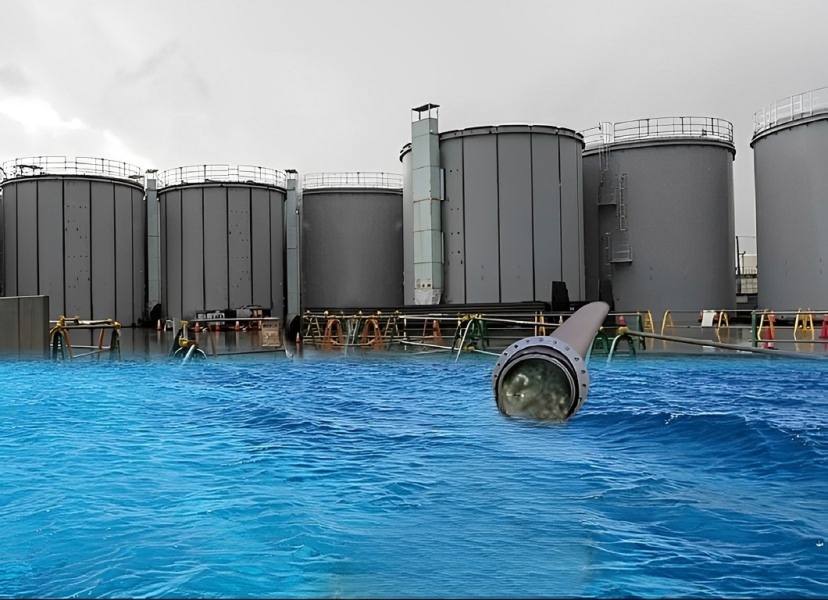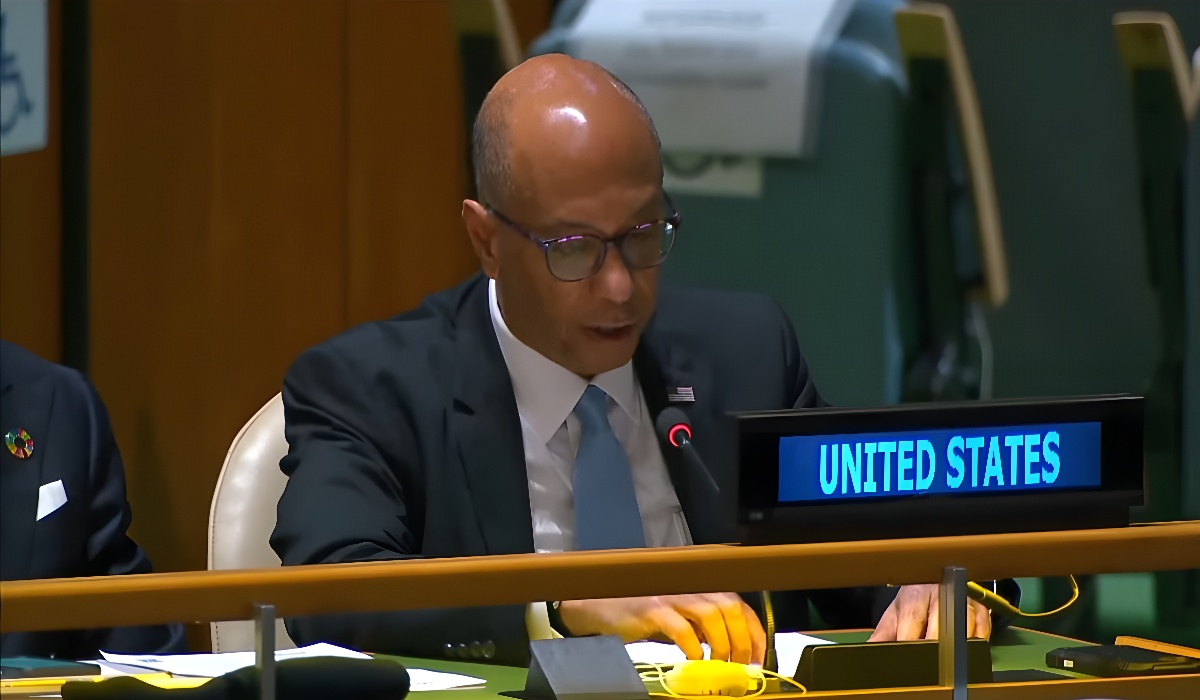Japan Begins Release of 1.3 Million Tonnes of Treated Nuclear Wastewater Into Pacific Ocean
- TDS News
- Breaking News
- East Asia
- August 24, 2023

Ōkuma, Fukushima, Japan– Today, Japan began its release of millions of tons of treated nuclear waste into the Pacific Ocean, which has triggered a global debate, generating mixed reactions from various quarters. This choice is accompanied by substantial controversy, encompassing concerns about environmental impact and potential health hazards. While Japan contends with the challenge of nuclear waste disposal, it must also address apprehensions from citizens and the international community.
The move has evoked significant global discussions, raising questions about its repercussions. Detractors argue that marine ecosystems could face irreversible damage, disrupting the ocean’s balance and imperiling aquatic life. This issue is exacerbated by fears of radiation contamination within seafood, prompting several countries to halt imports of Japanese marine products.
Japanese authorities justify their decision by asserting that the discharged nuclear waste has undergone extensive purification to minimize harm. The treated water undergoes a meticulous process to eliminate harmful radioactive isotopes, leaving behind only trace amounts of tritium, a radioactive hydrogen isotope. Officials emphasize that this approach is essential due to the diminishing storage capacity for nuclear waste at the Fukushima Daiichi Nuclear Power Plant.
Amidst claims of safety, public opposition to the discharge remains strong, particularly among citizens living in coastal areas. Concerns about potential seafood contamination and lasting environmental consequences drive this sentiment. The skepticism surrounding the safety of the release lingers despite official assurances.
The controversy has spurred the formation of advocacy groups with differing views. Proponents assert that the release is necessary to address the longstanding nuclear waste challenge, highlighting that tritium levels in the treated water adhere to international safety standards. Conversely, opponents, including environmental activists and concerned citizens, advocate for exploring alternative solutions to avert ecological harm and potential public health risks.
The decision to release treated nuclear waste into the Pacific Ocean brings forth a multitude of uncertainties. The long-term impact on marine life, ecosystems, and human health remains uncertain, casting doubt on the true consequences of this action. Fishing communities, whose livelihoods rely on the ocean, express apprehensions about their future and the safety of their catches.
Japan’s actions have reverberated throughout the global community. Nations that once imported Japanese seafood now grapple with whether to continue such practices, highlighting the broader implications of Japan’s nuclear waste release.
As Japan proceeds with the release of treated nuclear waste, the world watches intently. The nation must navigate the delicate equilibrium between addressing its nuclear waste challenge, mitigating environmental and health risks, and respecting the concerns of its citizens and international partners. The global community remains vigilant, anticipating how this decision will shape Japan’s approach to nuclear energy, environmental stewardship, and worldwide sustainability.








